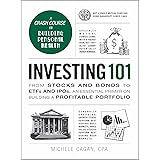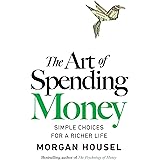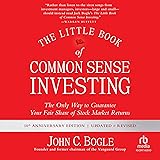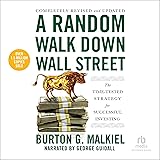Investing money is one of the main ways you can build wealth and save for long-term goals such as retirement. But when you’re just starting out, investing can feel intimidating. Luckily, there are many straightforward, beginner-friendly ways to get started.
You can go the self-directed route, work with a service that manages your investments for you or use a financial advisor to help you reach your goals. Whichever route you choose, it’s essential that you have a solid plan in place before you start investing. This means getting your finances in order by budgeting, setting up an emergency savings fund that can cover three to six months of expenses and limiting debt, especially credit card debt with high interest rates.
Once you have a handle on your spending and have an emergency savings account in place, it’s time to look at the rest of your finances. Before investing any additional funds, make sure you can cover your monthly expenses, then figure out how much of your paycheck you can spare to put toward investing. Then, divide that amount by the average annual return on an investment to see how much you can expect your money to grow over time.
The best places to invest your money depend on what kind of investment returns you want and how much risk you’re willing to take. Savings accounts and certificates of deposit offer guaranteed returns (though the interest rates are low) while stocks, mutual funds and bonds can produce more substantial returns but carry more risk. Stocks are a partial ownership stake in a company, and their fortunes rise and fall with the company’s performance. A smart way to start with stocks is through an index fund that automatically invests your money across a range of companies so that you’re not taking on too much individual risk.
Bonds are essentially loans to governments and companies that pay interest. These are more stable than stocks but also offer lower returns. They can be purchased through most major brokers or via ETFs and mutual funds that invest in bonds on your behalf.
No matter how much you’re starting with, the earlier you begin investing, the better. That gives your money more time to compound over the years and boost your future income. Whether you’re saving for retirement, a new home or a college fund for your kids, investing can help you get to the finish line with some extra cash.









